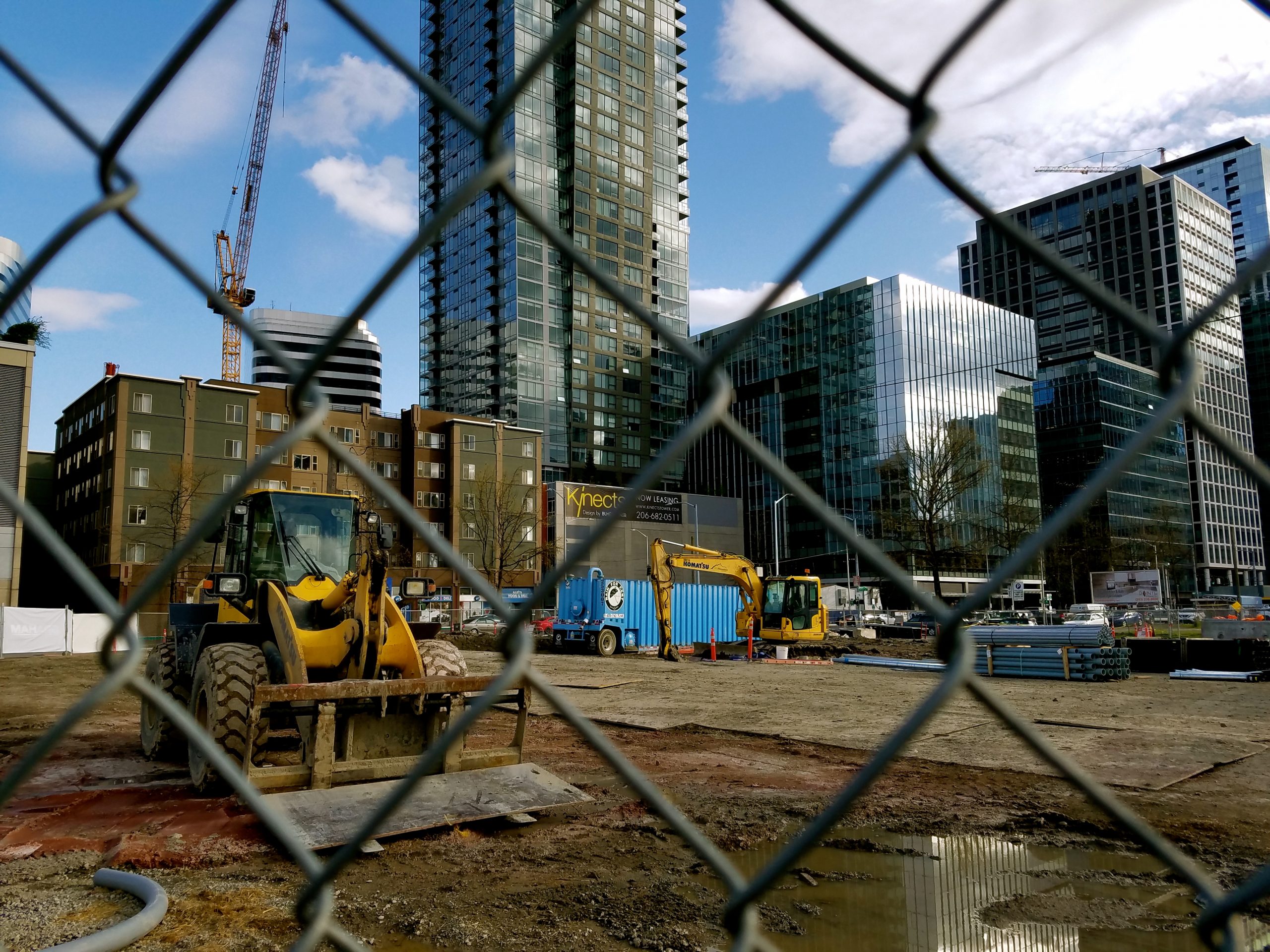Granddaddy in the First World War with Contemplation, Tribute, … & a Warning
The horror of World War 1 ended with a ceasefire 100 years ago today, although people continued to die by the millions in the numerous revolutions, civil wars, and ethnic conflicts left blazing on every continent except Antarctica while the Spanish flu pandemic burned grimly around the globe. My paternal grandfather, Carroll Melvin Bass, served in the United States Navy in those terrible times. He fought in the North Atlantic hunting German submarines. His ship chased and sunk subs full of sailors from the other side. Born on Sunday the 9th of April 1893, he turned 24 years old three days after the U.S.A. declared war on Imperial Germany. He achieved the rank of MM1, Machinist’s Mate 1st Class, short for Machinist’s Mate Petty Officer First Class, USN.
I remember asking him what it was like way back when I was a preteen lost in fantasies of glory. Pop, our name for him, struggled to describe his experience. He didn’t say much, and he died of cancer on Wednesday 10 March 1971 seven weeks before my 12th birthday. My paternal grandfather’s gravestone is dominated by references to his service in the U.S. Navy during World War I. In death his experiences during the Great War seemed to have formed the defining, even pivotal period of a life lived across nearly eight decades. All I can recall, however, were impressions as if splashed with black and red paint and cold, cold water.
Continue reading →

